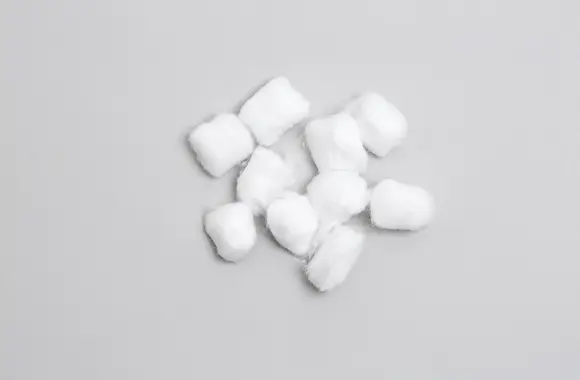In our quest for more sustainable living, we often find ourselves scrutinizing everyday products for their impact on the environment. Cotton balls, those seemingly innocuous essentials found in most households, have recently come under the spotlight. Are these fluffy spheres of convenience truly biodegradable and recyclable? Let’s delve into the world of cotton balls and their environmental implications.
Are cotton balls recyclable?
Cotton balls are generally not easily recyclable in the traditional sense. While cotton itself is a natural fiber and biodegradable, the adhesive used to hold cotton balls together and their small size can complicate the recycling process. Most curbside recycling programs do not accept cotton balls due to these challenges. Instead of recycling, it’s advisable to consider composting them if they are made from 100% natural cotton and are free from any chemical additives. Alternatively, you can explore creative ways to reuse them or opt for eco-friendly alternatives that have less impact on the environment.
Are cotton balls biodegradable?
Cotton balls are biodegradable. Biodegradability refers to the ability of a substance to break down naturally into harmless components over time. Since cotton balls are primarily composed of natural cotton fibres, they readily biodegrade when exposed to the elements. However, the rate of biodegradation can be influenced by factors such as climate, moisture, and microbial activity. In the context of environmental impact, cotton balls are a more environmentally friendly option compared to synthetic materials that might take much longer to break down.
But, can bacteria and other organisms break down cotton balls? Are they biodegradable? Cotton as a crop is produced by nature, so it is biodegradable. But can we say since the original product is biodegradable, the resulting products are also biodegradable? No, cotton balls are not biodegradable. Used cotton balls contain toxins that are dangerous to the organisms that will break them down. So, when cotton balls are dumped in landfills, they only take up space because bacteria and other organisms cannot break them down. Cotton is one of the crops that needs a lot of pesticides to protect them. They are the most pesticide-doused plant in the world. These pesticides used are very toxic, and they last for a very long time. Even after the production of different cotton products, there are still traces of the toxins of the pesticides. Click here for Organic Cotton Balls Manufacturer and get more information.
Are cotton balls compostable?
Cotton balls are compostable under certain conditions. Since cotton is a natural fibre, it can break down in a composting environment. However, for successful composting, it’s important to ensure that the cotton balls are made from 100% natural cotton and do not contain any synthetic additives or chemicals. Additionally, removing any adhesive or packaging materials from the cotton balls before composting is recommended. Proper composting conditions, including moisture, aeration, and the presence of microbial activity, will aid in the decomposition of cotton balls. It’s always a good practice to refer to local composting guidelines to ensure that you are composting them correctly.











